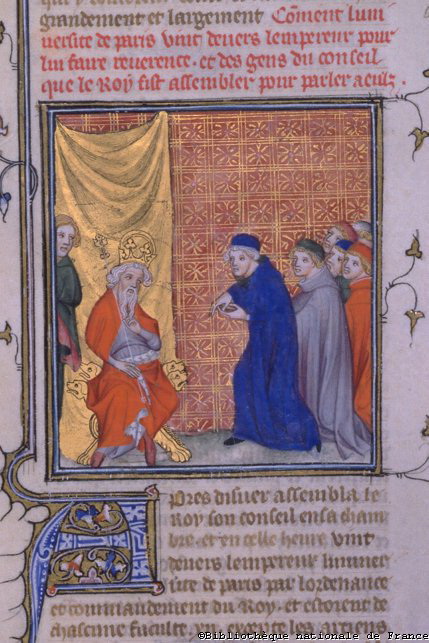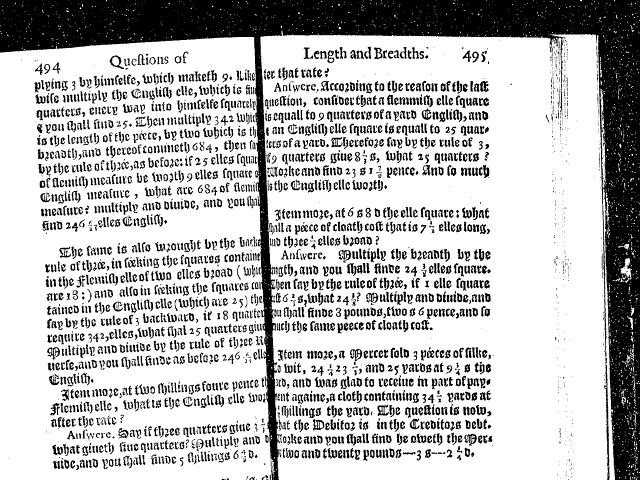03 Universities and the World of Learning
- who gets sent to school?
- What are the goals of the schooling?
- What is the school, and what goes on there?
Today: Schooling before humanist movement
basic literacy skills
home
Northern European schools:
church sponsored; 11th c expansion

Oxford, Ms. Bodl. 246, fol. 123v (1338-1410): Romance of Alexander
Monasteries
Chapter Schools (usually Cathedrals)
later middle ages: parish schools
Goal: an educated clergy
Latin
liberal arts
Italy:
city funding of teacher
fully private schools
private education in home via tutor
Basic schooling it Italy, 14th-15th c
Basic literacy classes: men or women
Other cases: notarial training, male
Goal: functional businessmen
curriculum
Vernacular (Italian)
Practical — from business point of view.
Abbacus schools
Accounting: double-entry bookkeeping,
Arabic numbers
City-appointed teachers
ricordanze books
Giovanni Villani 1338: Florentine total population 100-120,000:
8-10,000 children in school: 550-600 grammar schools
ca. 1000 abacus schools
male literacy rate well over 50% in Florence
Books
Children’s books: some evidence of child readers
More substantial books:
Monastic scribes
Notaries; scriptoria
paper
a post on medieval book wheels
Universities North and South

Honored professors: monument to Cino da Pistoia, early 14th c full monument
two early models: Bologna, Paris
Bologna. Law, medicine
Northern model: Paris
papal charter 1231
Legal status
“nations;” “university; ” studium generale
Canon law
endowments
Sorbonne: Robert de Sorbon ca. 1257
Oxford, Cambridge
Signs of success
church leadership roles held by university-educated men
rulers support universities, hire court staff
tensions in local governance
Curriculum and organization of subjects
faculties: arts, law, medicine, theology
arts course: 4-5 years + for B.A., 3-5 for M.A.
Doctoral: 7-8 years
Arts course
Core: liberal arts
more subjects added: “new” ancient texts
Main source: Islamic world
Logic, Sciences (natural philosophy)
Aristotle
university culture
North: theology
South: Law, medicine
instruction
Lecture
ordinary; extraordinary; gloss; commentary
scriptoria
Debates (disputations)
Questio; Questiones
“scholastic”
Genres
Textbooks
Exx. for astronomy: Aristotle De caelo, Sacrobosco On the Sphere (Penn codex 1881) (Penn LJS 26)
Commentaries
Disputations
Language: “Scholastic Latin”

Charles IV, Holy Roman Emperor, and professors from the Sorbonne

a manuscript page of Peter Lombard’s Sentences (Columbia University, Plimpton MS 061, fol. 149v)

